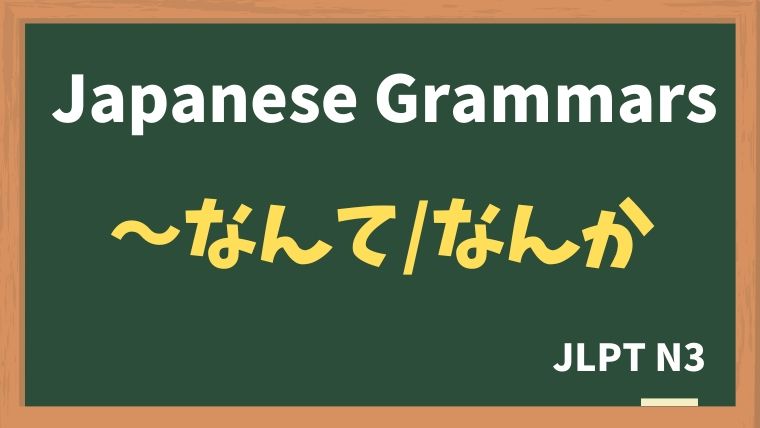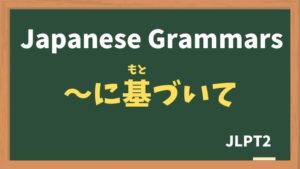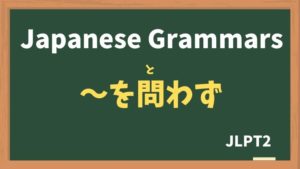
Explanation:〜なんて / なんか
fa-check-circleMeaning
Used to express disdain, disbelief, or to downplay the importance of something. They can also be used to give examples or make comparisons, often implying that the item or concept mentioned is not worth considering in a serious light.
fa-check-circleForm
N + なんて / なんか
fa-check-circlePoints
- Downplaying or Dismissing: Both expressions are used to minimize the importance or value of something, suggesting it is insignificant or not worth serious consideration.
- Expressing Disdain: They can convey a sense of contempt or disbelief about the mentioned subject, showing that the speaker finds it trivial or unworthy.
- Casual and Colloquial: These expressions are more commonly used in informal or casual speech rather than formal contexts.
fa-check-circleJLPT Level
N3
fa-check-circleNote
Used in spoken language.
Sample sentenes
こんな問題なんか、だれでも答えられるよ。
Anyone can answer this question.
どうして、彼なんかに私が謝らなくちゃいけないの。
Why should I apologize to him?
もうママなんか大嫌い。
I hate you, Mom!
ひらがななんか2日で覚えられるよ。
I can learn hiragana in just two days.
ゲームなんか何の役にも立たないよ。もっと本を読みなさい。
Games are useless! You should read more books instead.
漢字なんて簡単だよ。すぐ覚えられるよ。
Kanji is so easy! I can memorize it quickly.
Vocabulary
| Japanese |
English | |
| 謝る | こむ | to apologize |
| 覚える | ちゅうじゅん | to memorize |
| 役に立つ | げじゅん | to be useful |






